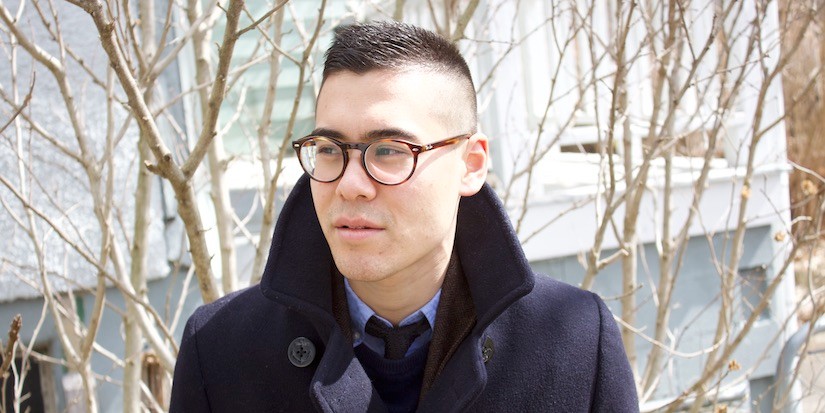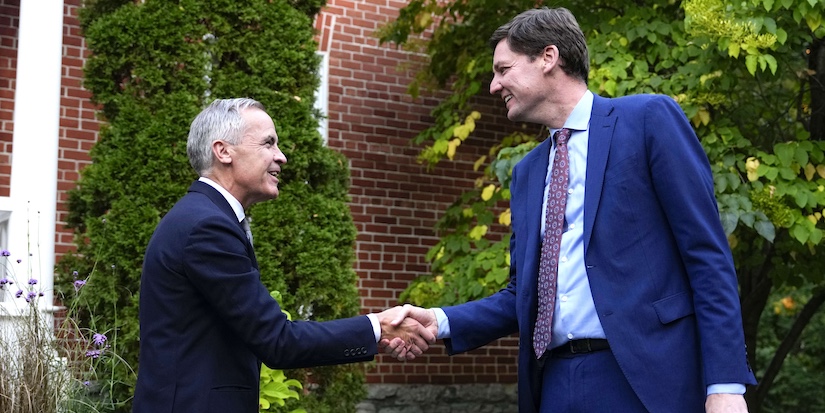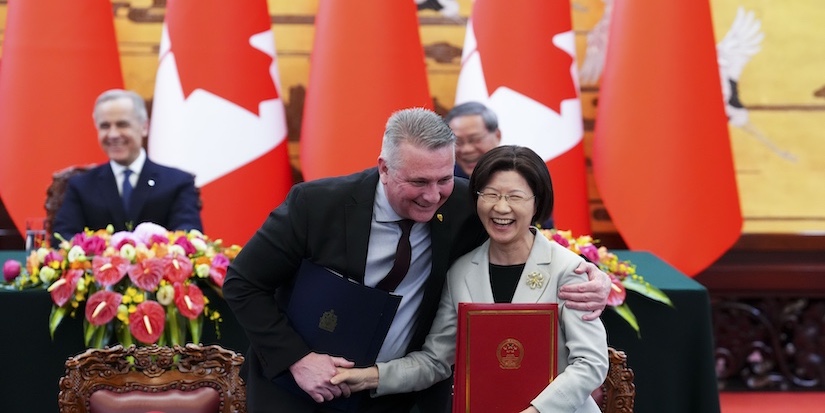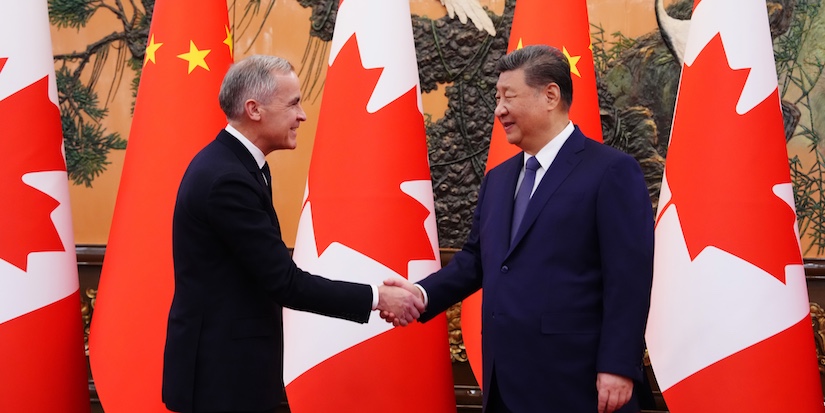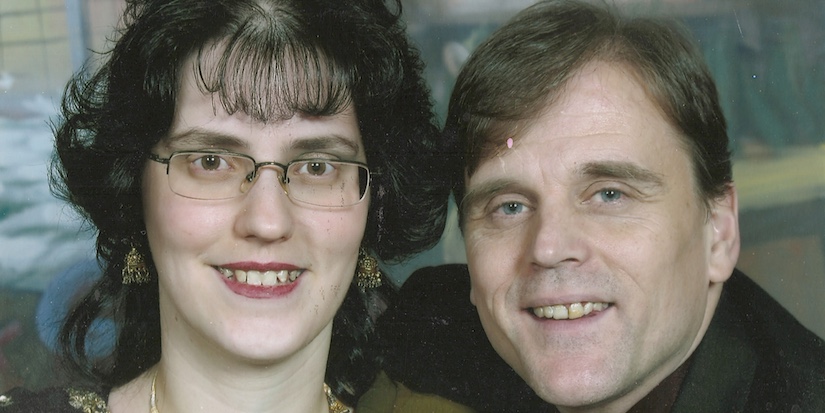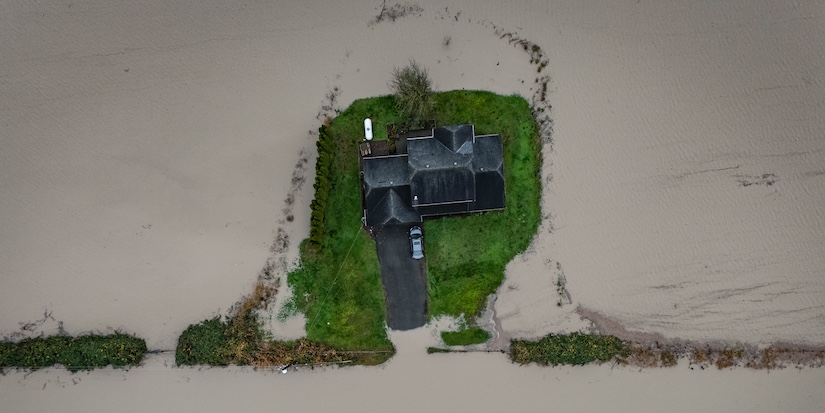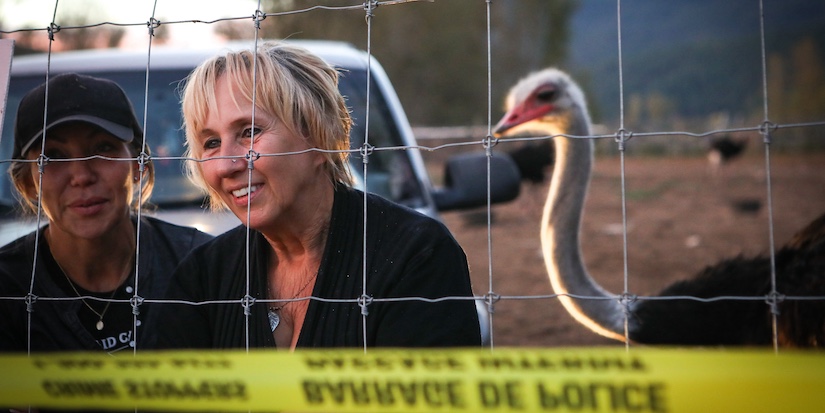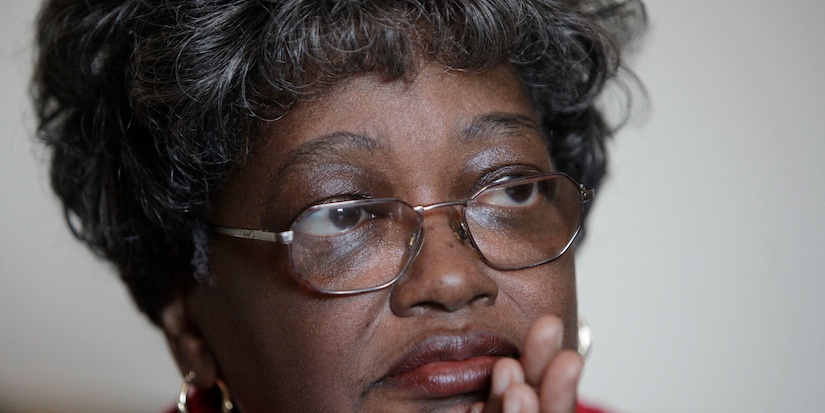Arts & Culture
Richmond-raised poet asks questions through verse

By Hannah Scott, Local Journalism Initiative reporter
Published 4:29 PDT, Thu September 24, 2020
Last Updated: 2:13 PDT, Wed May 12, 2021
—
This weekend, Richmond-raised poet Michael Prior will be part of an online panel through the Word Vancouver festival. He says panels give audience members a chance to engage with writers, as well as creating community.
“Launching a book in these pandemic times is a really strange and kind of sad experience,” he says. “But there are so many important and wonderful books being published right now.”
Now based in Minnesota where he teaches Asian American literature and creative writing at a liberal arts college, Prior explains his poetry philosophy: “A poet’s job is to pay attention, and there are many ways to pay attention.”
He says poetry allowed him to work through and articulate questions he had about himself and his family. His mixed-race identity—his father is Caucasian, his mother Japanese—and Richmond upbringing factor into his work.
“I felt very ‘other’ a lot of the time, but not in the way one would expect,” he says. “I was Asian, but I was not part of the dominant Asian group in the area.”
When Chinese-Canadian friends’ grandparents learned Prior was part Japanese, he says there were “interesting moments.”
“It was a very confusing experience a lot of the time,” he adds.
Now having lived in the United States for six years, Prior says the idea of multiculturalism feels different for him as a Canadian. He says he often thinks through the cultural practice of multiculturalism, and what its history looks like in different places.
When asked what inspires him, Prior says: “It’s everything.”
“When I began writing, I became interested in questions about inheritance and about intergenerational memory, and the ways in which the Japanese Canadian internment had shaped who I was—and certainly how it had shaped my mother and my grandparents,” he says. “These things circled around the periphery when I was growing up, and the older I got the more cognizant I got.”
Prior’s latest collection, “Burning Province,” was published earlier this year. But what he calls the collection’s “inciting incident” happened in 2015: his grandmother’s death.
“Her generation are the last living links to the internment,” says Prior. “With her passing, I felt this keen loss of the stories. There’s so much I don’t know about her life.”
The name “Burning Province” comes from the forest fires BC was experiencing at the time. From his grandmother’s hospital room window, Prior said it felt nightmarish.
“It felt like the world was mourning for her,” he adds. “The images of fire, smoke, orange sky, my grandmother—it just kind of spiralled from there.”
Prior says he had questions about heritage, lineage, history and memory. He was also thinking about what it means to elegize someone after his grandmother passed away.
“I tell my students that the process of putting together a collection is creating and recognizing a sensory grammar, and then finding out how to immerse the reader in it,” says Prior.
He combed through old family albums and documents, and combined his findings with the stories and memories his grandparents had shared with him over the years. Prior says he tries to share his family’s perspective specifically, while emphasizing his distance from the events.
“I do my very best to position the speaker in the poems in a way that it’s not their experiences, but remembering times in which they heard these stories or visited these places with their grandparents,” he says. “I don’t have any clear answers for it, but I keep trying.”
Through the use of pastoral tropes—those that paint a picture of idealized country life—Prior says he was able to access his grandparents’ memories through his own lens. He says the poetic genre is unique because it allows people to play around with language, and to link it to experience and memories.
“The kind of poetry I work with asks questions rather than answers (them),” he says. “Poetry can be a call to action for sure, but that’s not particularly the kind of poetry I’m interested in writing. There is certainly the capacity for empathy, I would like to believe, and for imagination. I’m interested in what reparative poetics could look like. My poetry tries to re-witness and re-imagine things, cultural and historical events. They’re wounds, and we can’t really allow them to heal—we have to keep them open so they don’t (get repeated).”
To learn more about Prior, visit his website.
